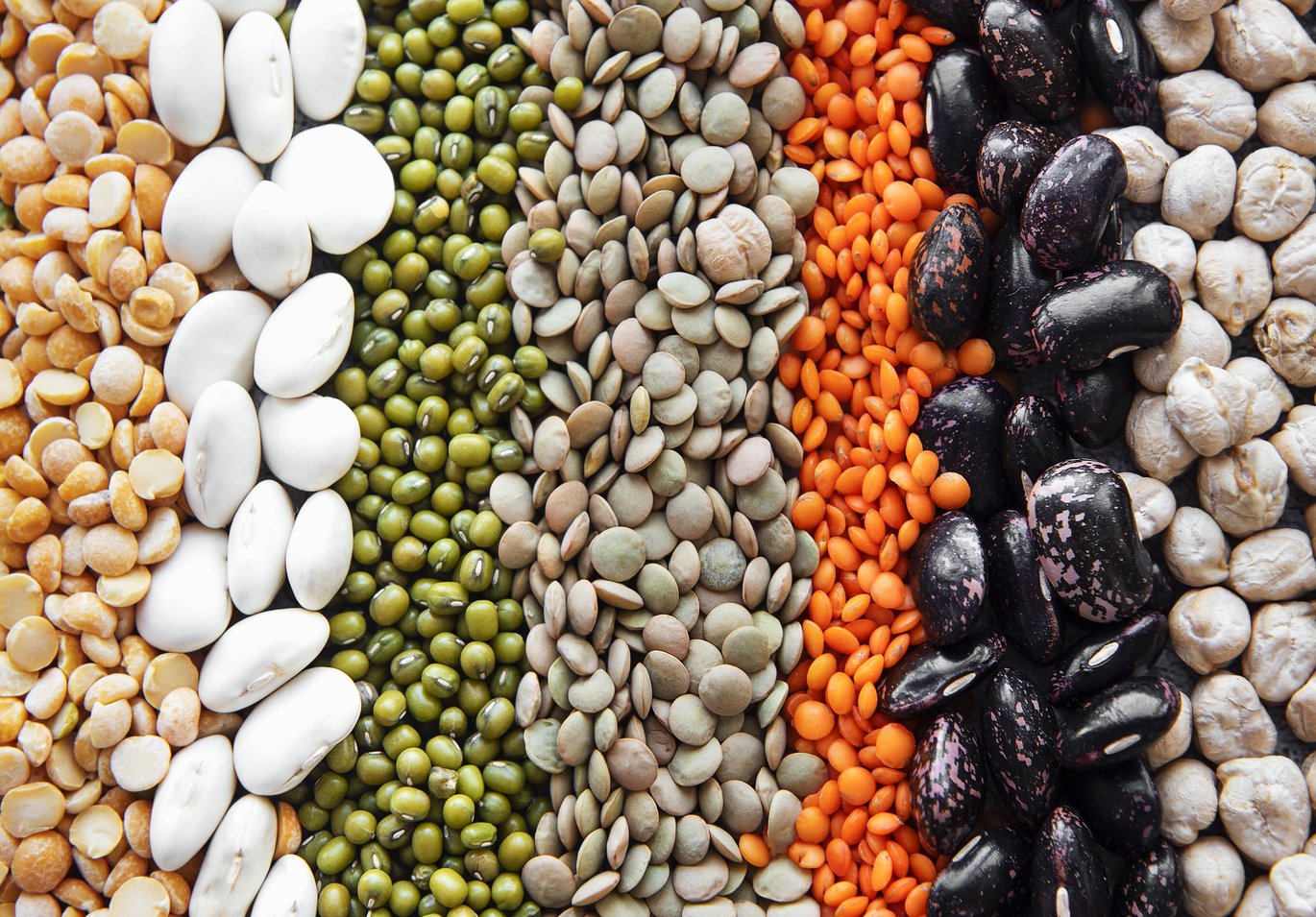We need inspiration for cooking with legumes
The Danes' consumption of legumes is lower than recommended by the OfficialDietary Guidelines, but what keeps us from pouring chickpeas, kidney beans and lentils into the pot, and how can we get better at it? Researchers from Aarhus University have taken a closer look at this, and the answers are available in a new report.

"Eat less meat - choose legumes and fish".
This is one of the dietary guidelines from the Danish Veterinary and Food Administration, which since last year has not only tried to push the Danes' dietary habits in a healthier, but also a more climate-friendly direction with the launch of the new Official Dietary Guidelines.
However, that is easier said than done, and edamame, chickpeas, kidney beans and lentils remain unfamiliar to many of us.
At the request of the Danish Veterinary and Food Administration, researchers from Aarhus University have looked more closely at the Danes' consumption of legumes. In a new report, they explain what keeps us from eating legumes - but also what can make us enter a world of beans and lentils.
Interest in eating more legumes
The study is based on a literature review, where the researchers have examined the existing knowledge in the field - and it is clear that there is room for improvement when it comes to our consumption of legumes.
Ulla Kidmose, who is one of the authors behind the report, explains:
- Less than 10 % of the Danes eat legumes weekly, and consumption is greatest among young people and people living in the larger cities. The existing studies also show that there is generally a low level of knowledge about legumes in the population, but the good news is that there actually is an interest in legumes among Danes, and that many want to increase their consumption.
In a questionnaire survey conducted among about 600 Danes, with an equal distribution between genders and users and non-users of legumes, the researchers from Aarhus University have largely confirmed the results of the literature review - and they have also come even closer to understanding, what drives the Danes' consumption of legumes.
- In relation to the interest in legumes, we can see that the frequent users of legumes are willing to eat even more, while non-users are not as willing to get started, explains one of the other authors, Mette H. Løbner.
Success experiences can boost consumption
In order to elaborate on the results from the questionnaire survey, the researchers held two focus groups. In one, they interviewed users of legumes and in the other, they interviewed non-users.
Non-users say here that they generally miss successful experiences with legumes, especially because they are often not enthusiastic about either the taste or the floury texture, and thus do not see legumes as a positive element in the food:
- Still, non-users do not think that lack of experience or skills is an obstacle to their intake of legumes. It is rather a lack of inspiration and good taste experience that make them opt out of the legumes. They are looking for dishes with few ingredients that are easy to make and that are easily accessible, Mette H. Løbner explains:
- On the other hand, some of the users experience that they lack skills, and they want more information and more knowledge about how they can use legumes in cooking. Therefore, in both cases there is potential to influence the consumption of information and recipes.
| Additional information | |
| We strive to ensure that all our articles live up to the Danish universities' principles for good research communication (scroll down to find the English version on the website). Because of this the article will be supplemented with the following information: | |
| Study type | Study in three parts: 1) literature review 2) questionnaire 3) focus groups |
| Funding | The report has been requested by the Danish Veterinary and Food Administration, and it has been prepared as part of the Framework Agreement on research-based policy support by the Ministry of Food, Agriculture, and Fisheries of Denmark. Read more about the policy support here. |
| Collaboration partners | Department of Food Science, Aarhus Universty |
| Read more | You can read more in the DCA report ”Forbrugsanalyse for bælgfrugter” by Mette H. Løbner, Niki Alexi, Line Pedersen, Mikkel R. Wilken and Ulla Kidmose, which can be downloaded here |
| Contact | Ulla Kidmose, Associate Professor, Department of Food Science, ulla.kidmose@food.au.dk |
